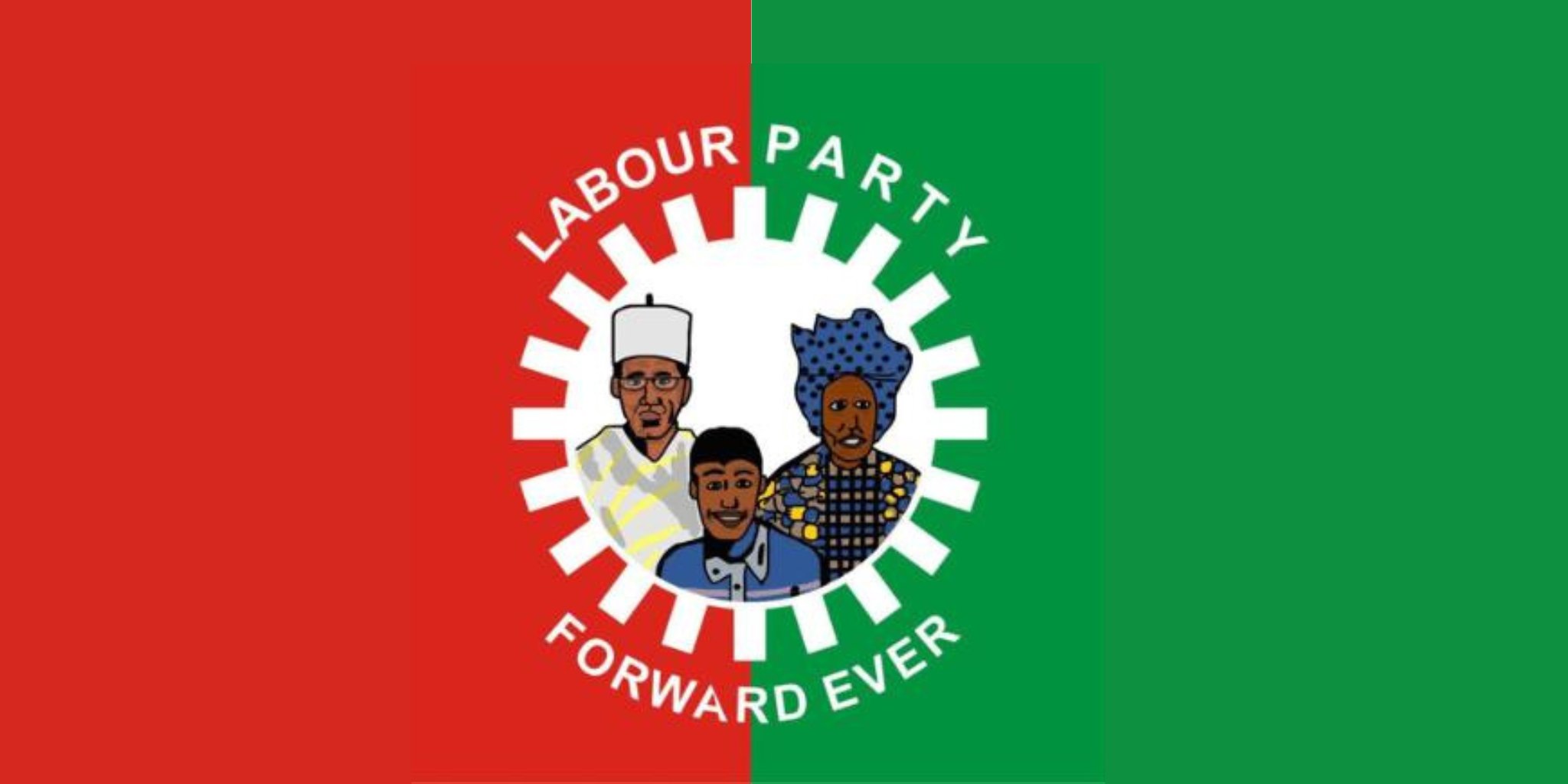Obiora Ifoh, the party’s national publicity secretary, claimed that the decision did not “reflect the desire of the people.”
Ifoh made this statement shortly after the court’s ruling was made public in Abuja on Wednesday, according to Vanguard.
Ifoh criticized the dismissal of petitions by the Presidential Election Petition Court panel, stating that justice was not served and did not reflect the law and people’s will, following the widely denounced February 25, 2023 electoral heist.
Democracy is on the line, and we won’t give up until the people win. We applaud the tenacity of our legal team for bravely disclosing the fury of our system.
“We can only cry for Nigeria’s democracy, but we won’t give up on Nigeria.”
“A new Nigeria is possible, and we urge all supporters of democracy to remain determined and upbeat about it.”
The Presidential Election Petition Court has declared Bola Tinubu as the winner of the 2023 presidential election, despite the Labour Party’s disputed ruling.
Peter Obi and the Labour Party’s petition against President Tinubu and Vice President Kashim Shettima has been dismissed by the Presidential Election Petition Court.
The petition was denied by the PEPC because it lacked merit.
Obi requested the court to name him the election winner after receiving a constitutional majority of 25% in two-thirds of the federation’s states and Abuja.
In light of Tinubu and the APC’s ineligibility to run in the election, he prayed with the court to order a new election that would exclude them both.
The Independent National Electoral Commission, President Bola Tinubu, Vice President Kashim Shettima, and the ruling All Progressives Congress (APC) are named as respondents in the petition.
On March 1, INEC declared Tinubu the victor of the 18-candidate presidential race.
Tinubu received 8,794,726 votes to defeat Atiku Abubakar of the Peoples Democratic Party and Obi, who received 6,984,520 and 6,101,533 respectively.
A statement from the court on Wednesday, however, noted that the petitioners “failed to specify the specific polling units and specific locations where electoral malpractice occurred.”
The petitioners, it was claimed, also omitted to state the locations of overvoting and the margins of victory.
They also allegedly omitted to show the voting places where their votes were lowered, according to the tribunal.
The Labour Party and Obi claimed INEC altered their results, but the court found they did not provide information about their scores or polling locations.
The petitioners failed to provide the court with the legal figures they claimed to have obtained.
The document reveals that they presented generic claims of abnormalities and cited spreadsheets, inspection reports, and forensic analysis, which were not included in their petition.
According to the court, accusations must be precise and include specifics of important facts.
The petition, it was decided, over-voting was vogue and hereby stroke out
Justice Mohammed ruled that it would be improper to not specify irregularities in a presidential election conducted in 176,866 polling places across 774 Local Government Areas.
He claimed that the petitioners’ claims were vague.
The court ruled that petitioners failed to provide sufficient evidence in Oyo, Ekiti, Kwara, and other states where they claimed the APC received more votes than actually cast.
The court clarified that not all non-compliance grounds can be considered as corrupt practices, despite charges of corrupt practices in paragraph 79.
It said that among other things, the petitioners had failed to provide evidence to support claims of incidences of widespread thumbprinting and thuggery.
The court ruled that “those specific allegations should have been shown in the pleadings.”

